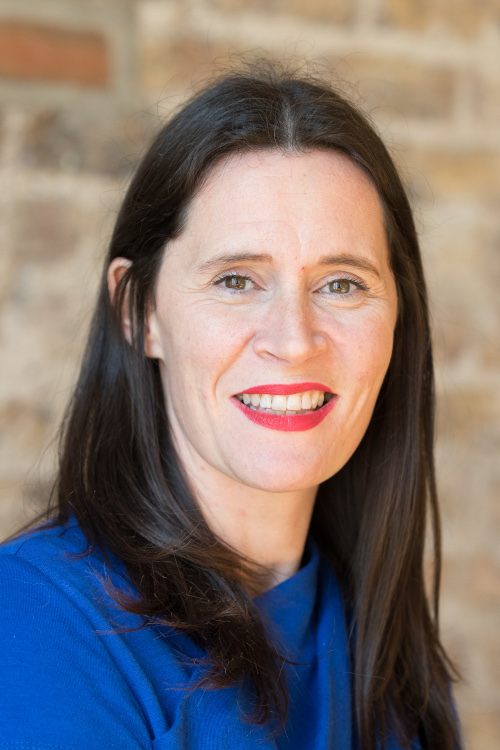Single mother-of-two wins welfare appeal with rights watchdog’s backing

Sinéad Gibney
A single mother-of-two who was refused access to the one parent family payment on the basis she failed to satisfy the habitual residence condition has succeeded in a review with support from the Irish Human Rights and Equality Commission.
The Social Welfare Appeals Office (SWAO) overturned the refusal decision following a review of all the facts in considering the woman’s compliance with the permission to remain and the new information submitted in respect of her recent employment status.
The woman is from a sub-Saharan African country and arrived in Ireland in 2013. She applied for refugee status and was granted permission to remain in the State in 2019, having resided in Ireland throughout.
She enrolled in a pre-nursing course but was forced to drop out due to lack of funds because she was unable to access financial support through the one parent family payment. She recently obtained part-time work as a cleaner.
Using its statutory powers, the Commission represented the mother in submitting a request to the chief appeal office to review the decision disallowing her the one parent family payment.
The refusal decision was made on the grounds that she had failed to satisfy the habitual-residence condition as her presence in the State was not in accordance with her permission to remain.
In its submission, the Commission argued that the conditions attached to the woman’s permission to remain did not prohibit her from accessing social welfare and the appeals officer materially erred in fact in finding that they did.
In this case, as the mother-of-two was not working at the time of her application for one parent family payment, the refusal decision relied on the permission to remain condition that “she makes every effort to gain employment, set up a business or pursue a profession, and not to be a burden on the State”.
Maintaining that it is lawful to consider compliance with permission to remain conditions when assessing the habitual residence condition requirement, the chief appeals officer went on to overturn the refusal decision following a review of all the facts in considering the woman’s compliance with the permission to remain and the new information submitted in respect of her recent employment status.
Sinéad Gibney, chief commissioner of the Irish Human Rights and Equality Commission, said: “The Commission welcomes this positive outcome following our grant of legal assistance, which facilitates access to education and employment opportunities to this single mother.”





